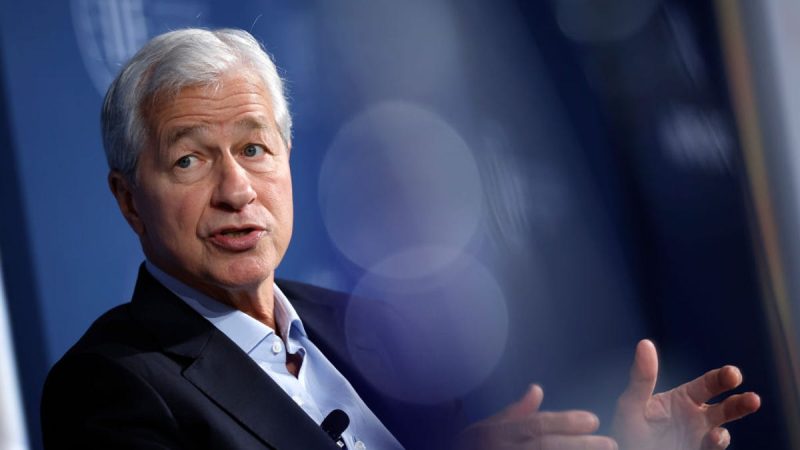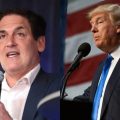
JPMorgan Chase CEO Jamie Dimon, in his annual letter to shareholders, didn’t pull any punches. He issued a stark warning about the potential economic fallout from President Trump’s tariffs, painting a picture of a potentially turbulent future for businesses and the broader economy. Dimon’s concerns, voiced from the top of one of the world’s largest financial institutions, carry significant weight and deserve careful consideration.
Dimon’s letter didn’t shy away from the complexities of the issue. He acknowledged the initial intentions behind the tariffs – aiming to protect American businesses and jobs – but highlighted the significant unintended consequences. These consequences, he argued, extend far beyond simple price increases for consumers. The ripple effect, impacting supply chains, investment decisions, and overall economic growth, is a cause for serious concern.
The CEO’s analysis went beyond a simple condemnation of the tariffs. He painted a detailed picture of the economic landscape, illustrating how the trade war could lead to slower growth, increased inflation, and potentially even a recession. He emphasized the need for a more nuanced and strategic approach to trade policy, urging for a focus on long-term economic health rather than short-term political gains.
Dimon’s warning is not just a commentary on current economic trends; it’s a call to action. His words serve as a reminder of the interconnectedness of the global economy and the significant risks associated with protectionist policies. The impact extends beyond American shores, affecting global trade relationships and potentially destabilizing the international economic order.
The implications of Dimon’s statement are far-reaching. Investors, businesses, and policymakers alike should heed his cautionary words. The future economic landscape hinges on navigating these complex trade issues with careful consideration and a long-term perspective. Ignoring the potential consequences of escalating tariffs could have severe and lasting repercussions for the global economy.










